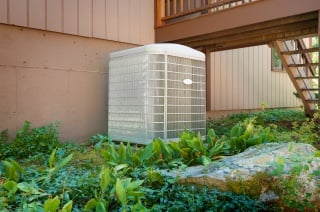Deciding whether to repair or replace major components of your HVAC system can be a difficult decision, especially because replacement costs can be hefty in some cases. When your air conditioner or furnace is having problems, here are some considerations to help you decide if you need HVAC repair in Snellville, GA, or if you should consider replacing components.
Overall Age
One of the first things an HVAC repair contractor in Snellville, GA, will ask before looking at your system is how old it is. This is because some major repairs simply aren’t worth the cost because it’s likely that other major parts will break down soon as well. Most air conditioners last 10-15 years while furnaces may work up to 20 years. A good indication that your AC or furnace has just about reached its life expectancy is if repairs are becoming more frequent and your unit is at least 10 years old. In rare cases, an older unit can last a few more years following repairs, but it’s more likely that the repairs will continue and that you just need to replace the unit itself.

Energy Efficiency Rating
Your current furnace or AC may have had a great energy efficiency rating when it was first installed. However, technology is constantly changing and you could probably drastically increase your system’s energy efficiency by upgrading to a newer model with better technology. If decreasing your utility bills is important to you, it’s best to invest in technology that will keep you comfortable at a lower price.
Frequency and Cost of Repairs
A simple way to determine if you should repair or replace your AC or furnace is if the repair costs are half the cost of a new unit. Of course, there are exceptions to the rule, but if repairs are becoming more frequent and costlier, you likely need a new unit.
Credits and Rebates
If you’re still on the fence about repairing versus replacing, check for any tax credits or utility rebates that may be available for those who replace their AC or furnace with more energy-efficient equipment. These rebates and credits can help lessen the blow of replacement costs and help you determine that it’s the right time to make the change.

